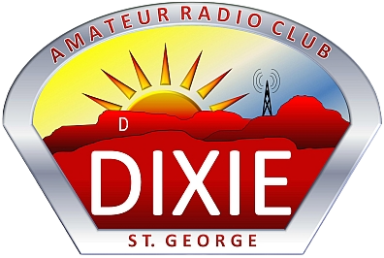
Before you can get on the air, you need to be licensed and know the rules to operate legally. US licenses are good for 10 years before renewal. In the US there are three license classes—Technician, General and Extra.
The Technician class license is the entry-level license of choice for most new ham radio operators. To earn the Technician license requires passing one examination totaling 35 questions on radio theory, regulations and operating practices.
The General class license grants some operating privileges on all Amateur Radio bands and all operating modes. This license opens the door to world-wide communications. Earning the General class license requires passing a 35 question examination. General class licensees must also have passed the Technician written examination.
The Amateur Extra class license conveys all available U.S. Amateur Radio operating privileges on all bands and all modes. Earning the license is more difficult; it requires passing a thorough 50 question examination. Extra class licensees must also have passed all previous license class written examinations.
Test sessions are held starting at 5:30 pm on the third Wednesday of every month. They are held at the St George Community Building, 245 N. 200 West, St George UT. The Community building is a one-story building on the west side of the south parking lot for the St George Senior Center (it is not in the Senior Center building).
In addition to twelve regular monthly test sessions held in St George, Utah, each year we also conduct six additional test sessions on the second Saturday of even numbered months, in Hurricane, Utah, in the Hurricane Library, commencing at 2:00 p.m. See the "Test Sessions" page for more information.
Please click on the link to visit the "Frequently Asked Questions" on the American Radio Relay League's website for more information on Amateur (Ham) Radio: http://www.arrl.org/what-is-ham-radio
What is Amateur Radio?
Amateur Radio (ham radio) is a popular hobby and service that brings people, electronics and communication together. People use ham radio to talk across town, around the world, or even into space, all without the Internet or cell phones. It's fun, social, educational, and can be a lifeline during times of need.
You can set up a ham radio station anywhere! In a field, at home, or at a club station.
You can communicate from the top of a mountain, your home or behind the wheel of your car, all without relying on the Internet or a cell phone network You can take radio wherever you go! In times of disaster, when regular communications channels fail, hams can swing into action assisting emergency communications efforts and working with public service agencies.
You can communicate with other hams using your voice and a microphone, interface a radio with your computer or tablet to send data, text or images, or Morse code, which remains incredibly popular. You can even talk to astronauts aboard the International Space Station, talk to other hams through one of several satellites in space, or bounce signals off the moon and back to Earth!
In order to operate a ham radio station, you need a license issued by the FCC.
How Do I Get a License?

Dixie Amateur Radio Club, PO Box 2196, St George, UT 84771-2196
We need your consent to load the translations
We use a third-party service to translate the website content that may collect data about your activity. Please review the details in the privacy policy and accept the service to view the translations.
